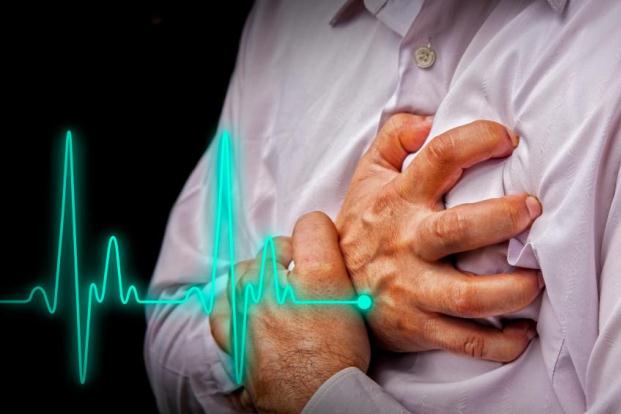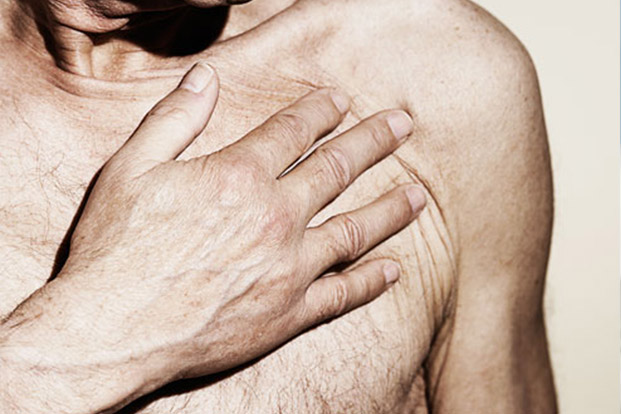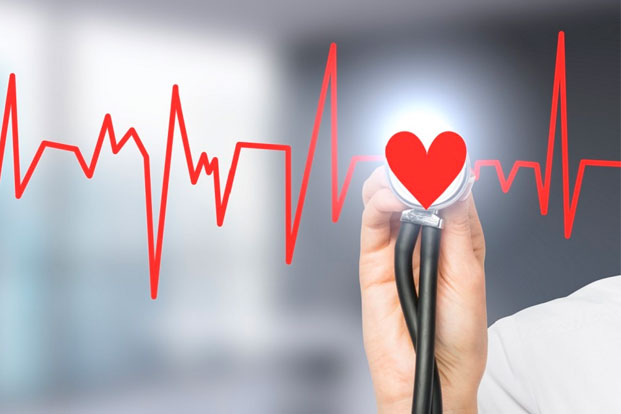Categories
- Bariatric Surgery (11)
- Black Fungus (5)
- Bone Marrow transplant (3)
- Brain Tumor Surgery Navigation Technology (20)
- Cardiac Surgery (66)
- Cardiology (97)
- Computer navigation technology for joint replacements (20)
- Covid Vaccination (17)
- Critical Care (2)
- Dental (19)
- Dermatology (31)
- Dialysis Support Group - “UTSAAH” (11)
- Dietitian (33)
- Emergency Medicine (4)
- Emotional Health (11)
- Endocrinology (33)
- ENT (20)
- Gastroenterology and GI Surgery (53)
- General and Laparoscopic Surgery (21)
- General Surgery (4)
- Gynecology & Obstetrics (183)
- Hematology (20)
- Internal Medicine (294)
- Kidney Transplant (50)
- Kidney Transplantation (20)
- Lung Cancer (8)
- Minimal Invasive Surgery (1)
- Mother & Child (20)
- mucormycosis (5)
- Nephrology (61)
- Neurology (147)
- Neurosurgery (68)
- Nutrition and Dietetics (107)
- Omicron Variant (1)
- Oncology (288)
- Ophthalmology (10)
- Orthopaedics & Joint Replacement (86)
- Paediatrics (59)
- Pediatric Nephrology (3)
- Physiotherapy (5)
- Plastic & Reconstructive Surgery (6)
- Psychiatry and Psychology (90)
- Psychologist (28)
- Pulmonology (72)
- Rheumatology (13)
- Spine Services (21)
- Transradial Angioplasty (16)
- Urology (84)
Query Form
Posted on Apr 19, 2022
Symptoms of a Heart Attack
Symptoms of a heart attack vary from person to person, and they may not always be sudden or severe. Females usually are more symptomatic than males. In India, cardiac disease is the leading cause of death by 2020 it is expected that India shall account for 60% of the cardiac burden of the world. The important aspect to understand and be aware of is that heart attack patients need immediate medical attention and should be rushed to a cardiac hospital within the golden hour. Any delay in medical assistance can pose an irreversible damage to the heart.

Signs of a Heart Attack:
- Chest Pain:
The classic symptoms are severe, crushing substernal chest pain described as a squeezing or constricting sensation with frequent radiation to the left arm. The chest pain may radiate to the neck, jaw, back, shoulder, right arm, and epigastrium. Pain in any of these locations without chest pain is possible. Cardiac pain localized to the epigastrium is often misdiagnosed as indigestion.A heart attack can occur without chest pain, especially among postoperative patients, the elderly, and those with diabetes mellitus. - Heavy or labored breathing:
Being short of breath or having labored breathing, especially while at rest, can be a sign of heart attack or heart failure — when the heart function is not normal. It can also be a sign of certain arrhythmias.
- Associated symptoms:
They include sweating, fatigue, palpitations, acute confusion, indigestion, nausea, or vomiting. Gastrointestinal symptoms are especially common with inferior infarction. - Lightheadedness, dizziness
- Changes in your ability to exercise
- One big warning sign is lower exercise tolerance:
You used to be able to walk up the stairs easily, but after a heart attack you feel very breathless or even have to stop mid-way and take a break. That should be taken very seriously.
Important Notes:
Where the differences between the sexes lie is that women have more shortness of breath or nausea and vomiting than men. Women also more frequently have pain in the neck, jaw, throat, abdomen or back, the CDC notes. Nerve fibers in the arm and jaw run together with the cardiac nerve fibers to the brain, so you may feel pain in those areas because your brain confuses the pain signal from the heart
If you feel that you or your loved one is going through a heart attack call for an ambulance right away.



